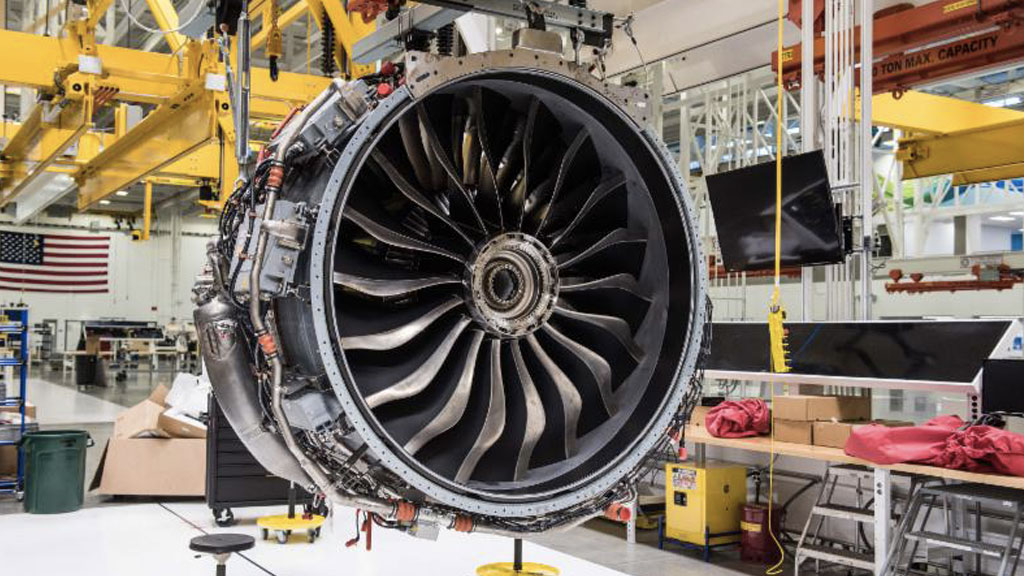After creating eight factories across the U.S. over the past decade, GE Aviation is working to narrow the skills gap facing many workers seeking jobs in their advanced manufacturing plants.
GE says its Lafayette operation, which opened in 2015, is in the throes of the fastest production ramp-up for a commercial jet engine since jetliners were first introduced in the 1950s. They need technicians holding an A&P certificate for crucial tasks.
The Lafayette factory produces the LEAP engine for CFM International, a 50/50 joint company between GE and Safran Aircraft Engines of France. More than 14,000 LEAP engines are on back order to power three popular twin-engine airplanes: the Airbus A320neo, Boeing 737 MAX, and China’s COMAC C919. The Airbus and Boeing airplanes are now in airline service.
“I needed FAA-licensed assemblers,” says Eric Matteson, plant manager. “Many people want to work at our site, but they need the license to handle the scope of work which can range from operating $3 million grinders to unique inspection machines.”
In 2016, Ivy Tech Community College, walking distance from the GE plant, established a two-year Associate of Applied Science degree in aviation maintenance technology with a concentration on jet engines. The college then teamed with neighboring Purdue University to ensure the two-year degree also provided for an FAA airframe and powerplant license. Purdue doesn’t offer second-year degrees, but offers the FAA license testing and provides access to its aviation equipment for the Ivy Tech students.
Ivy Tech currently has 17 students in the program with the first graduates expected within a year. Ivy Tech hopes to have about 30 graduates from the program each year to provide a pipeline.
Matteson needs licensed technicians for more than engine assembly. They are engaged in full disassembly of LEAP engines as part of field inspection programs. In addition, Lafayette is also a designated LEAP maintenance shop. The FAA certification also provides GE employees with a career path, according to GE. “We’ve already promoted several of our licensed technicians to management salaried roles,” Matteson said.
